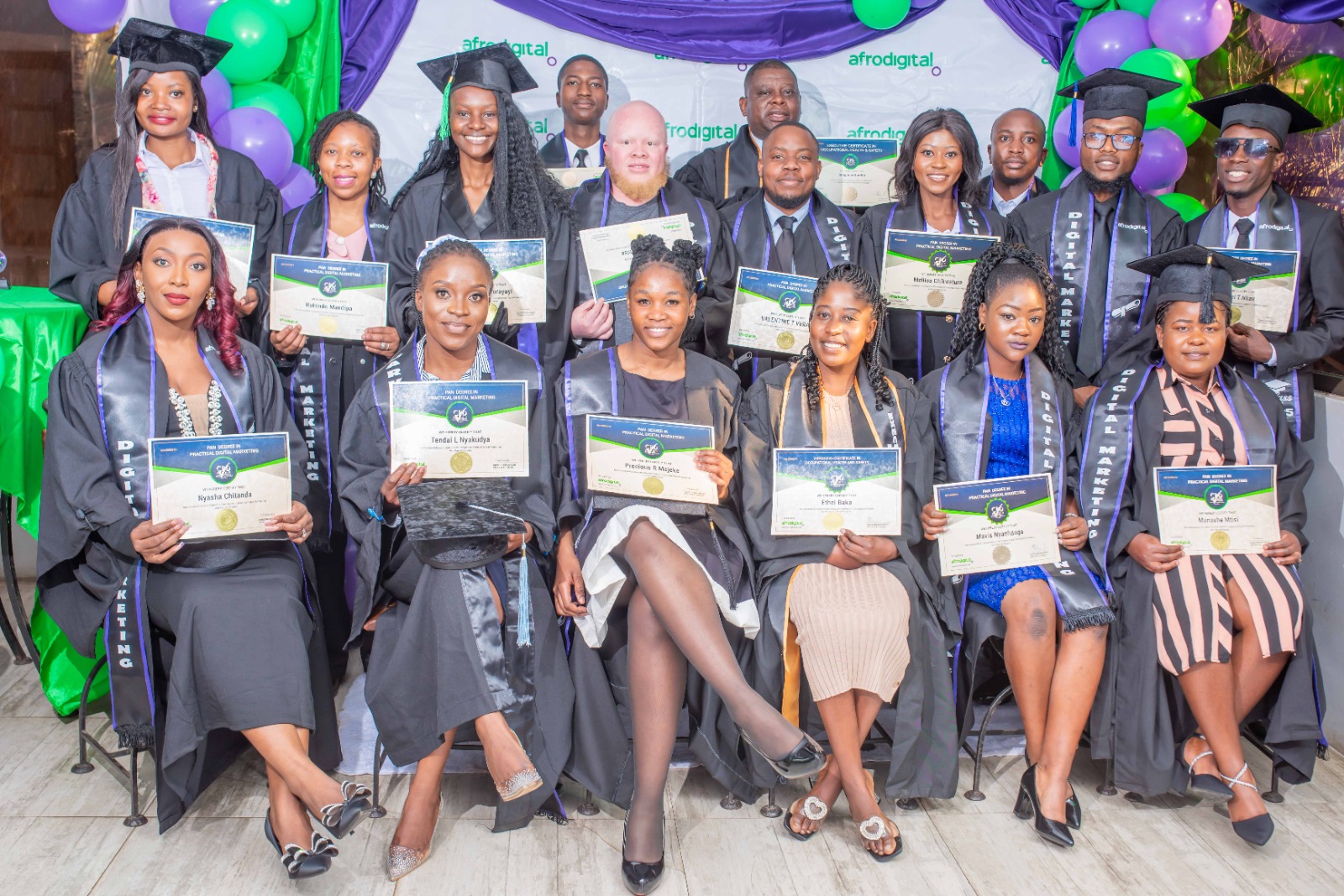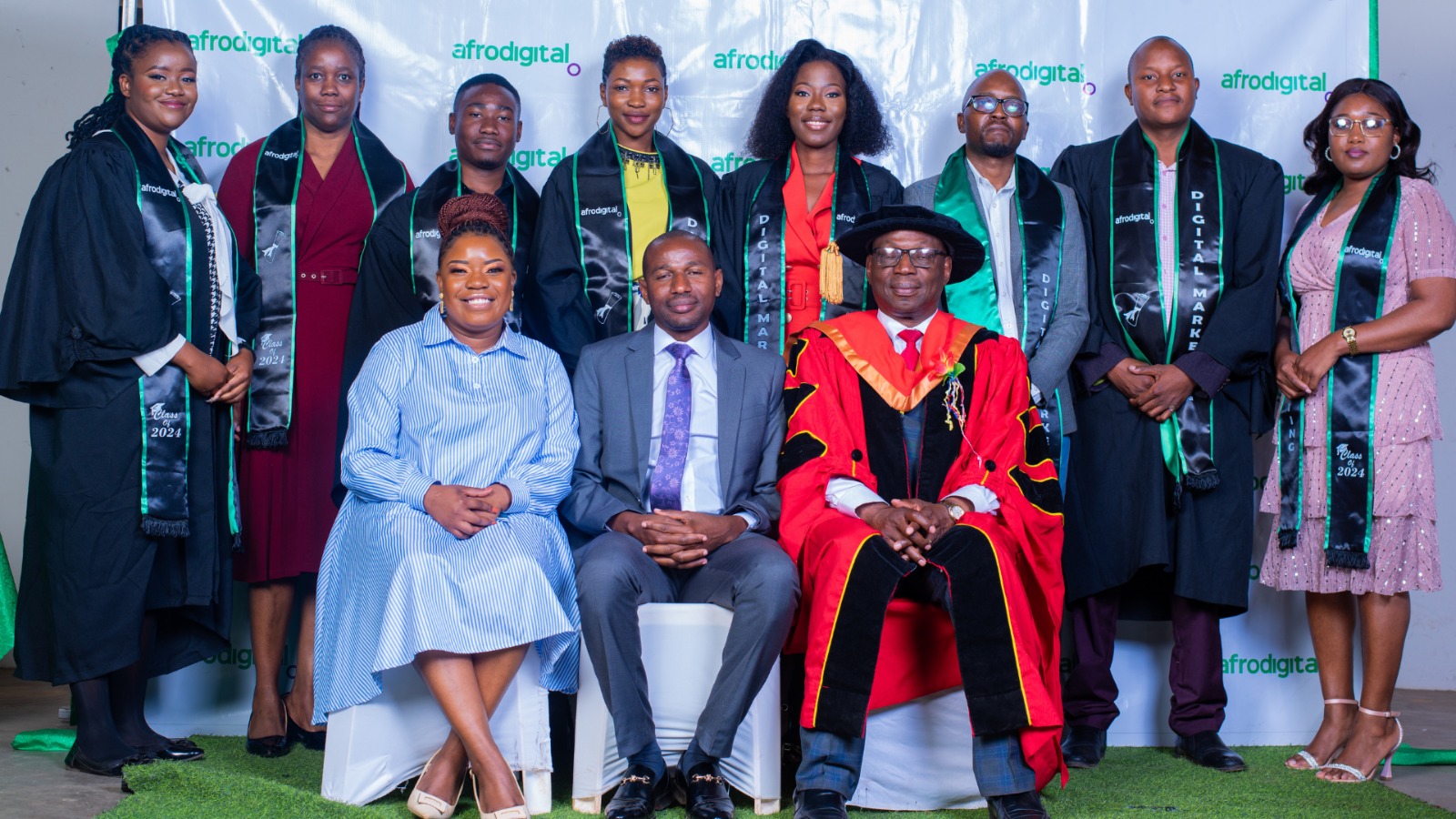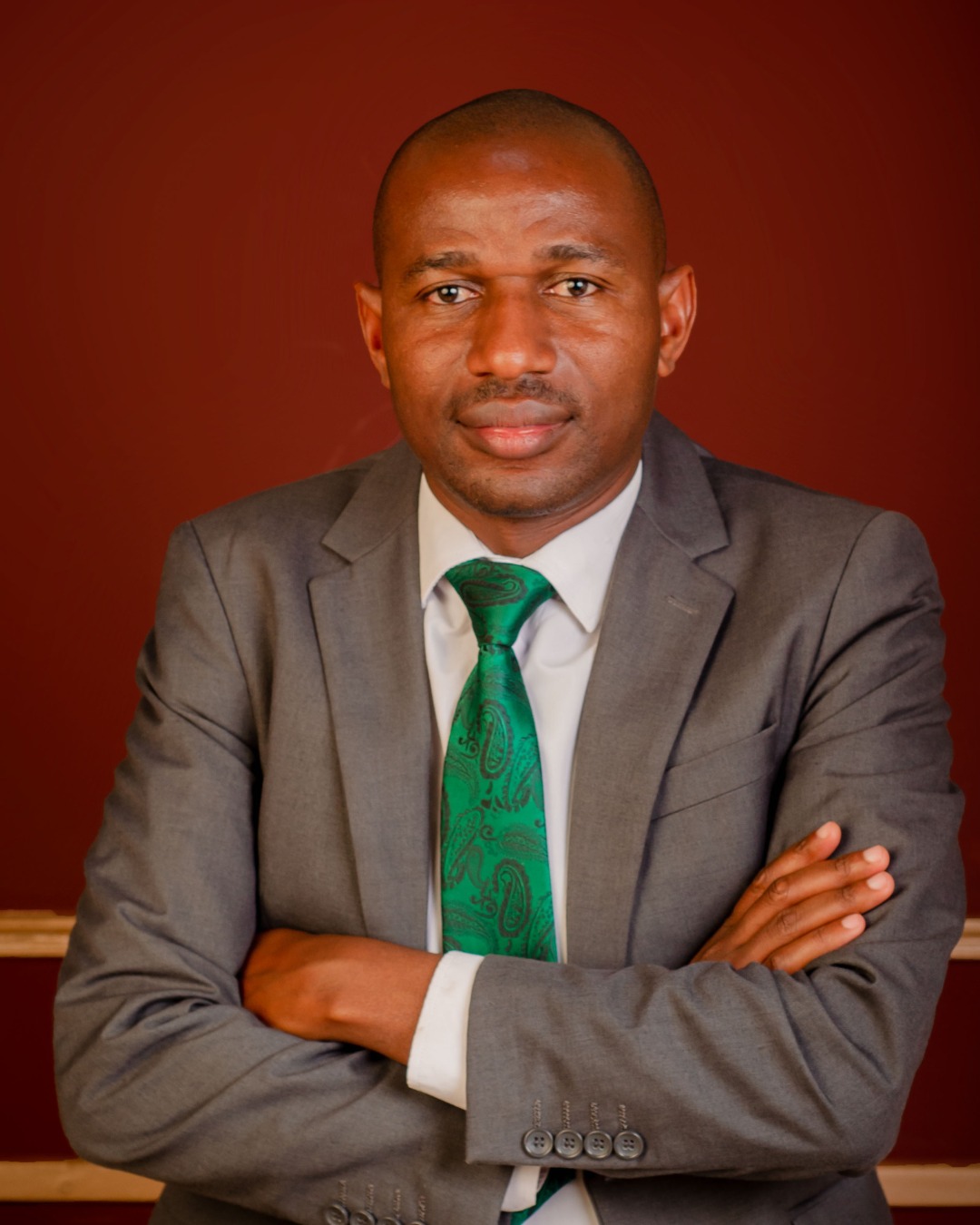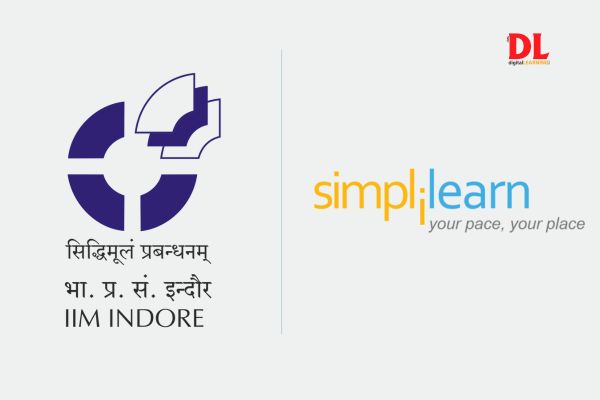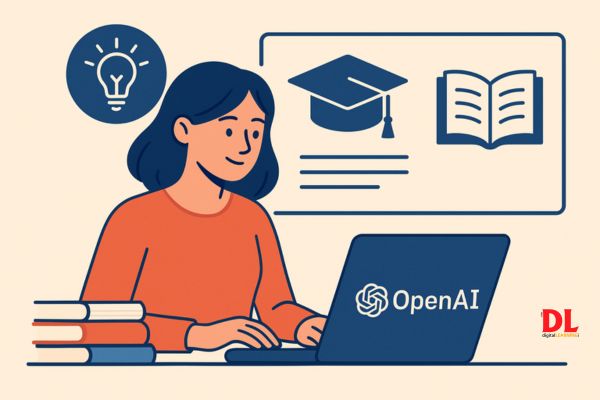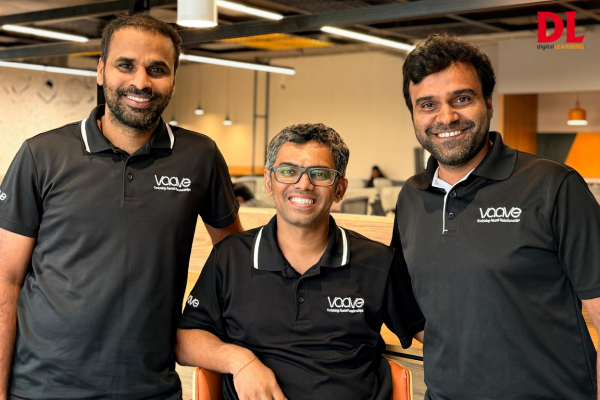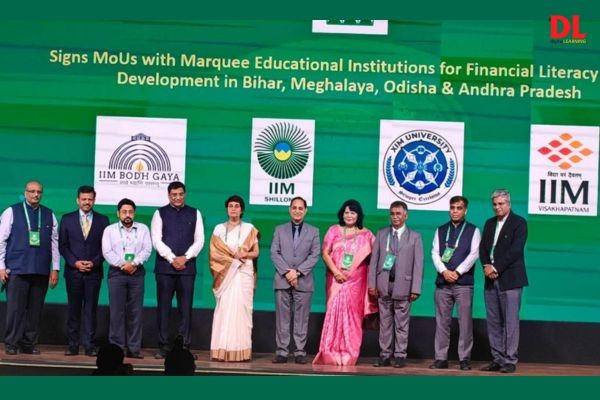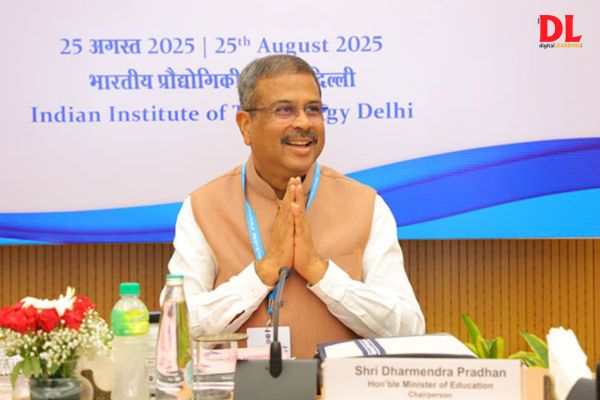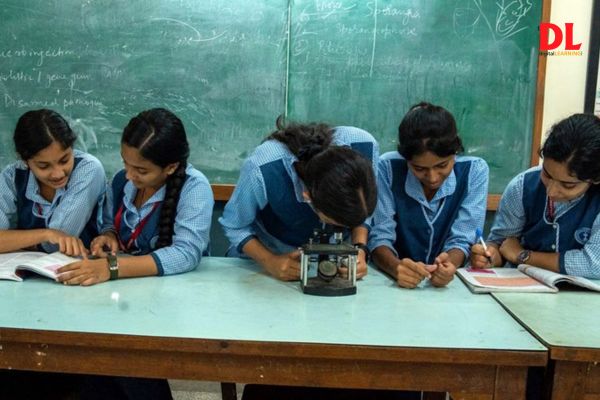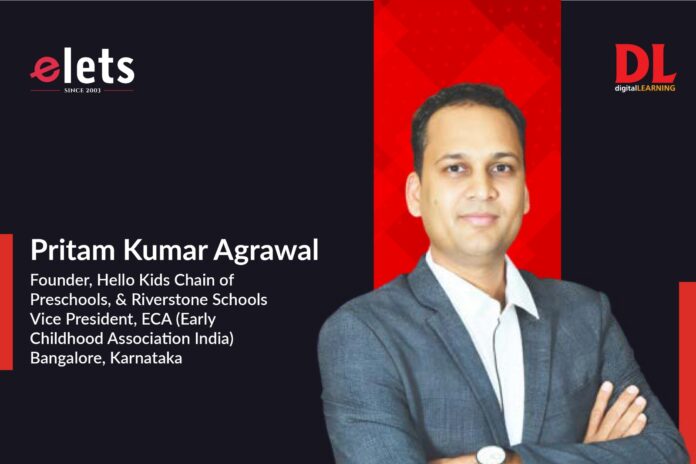In a world increasingly driven by digital fluency, the gap between traditional academic models and the real-world demands of the workforce is growing wider every day. This is a particularly critical challenge in Africa, where a burgeoning youth population and a vibrant entrepreneurial ecosystem require immediate, accessible, and practical skills to thrive. Pan Afrodigital, a pioneering educational institution, is not just addressing this challenge—it is fundamentally rethinking education by democratising vocational and digital skills training for a new generation of professionals and entrepreneurs.
The journey of Pan Afrodigital began with a critical observation. In 2017, during interactions with over 8,000 individuals through the Google Digital Skills programme, the founder noticed a profound and universal truth: people across all sectors—from corporate executives to high school students—were deeply passionate about the digital future. They recognised its power to transform their lives, careers, and businesses. Yet, a significant barrier remained: the scarcity of accessible learning institutions. Accessibility was limited by financial capacity, geographical distances, and the restrictive academic prerequisites of traditional education.
From this insight, Pan Afrodigital’s core innovation was born: a mission to make education and skills training available to all, regardless of their background or location. The institution’s philosophy is rooted in a model we call “Micro-Certification for Macro-Impact”. This approach, designed to dismantle traditional barriers, focuses on delivering high-impact, short-term courses that are directly aligned with the needs of the modern economy. Pan Afrodigital’s curriculum, which has expanded from digital marketing to include graphic design, occupational health & safety, and most recently, ESG, is a powerful departure from the lengthy, theory-heavy degrees offered by conventional universities.
The design and implementation of this solution were as innovative as the concept itself. The founder, leveraging a background in computer science and five years of experience running a digital agency, chose a lean, bootstrap approach. The institution’s Learning Management System (LMS) was built using readily available tools like the MacBook QuickTime Player, allowing for rapid development and deployment of the first online course in just four months. This lean methodology was not a compromise but a deliberate strategy to remain agile, responsive to student needs, and free from the financial constraints that plague larger, more bureaucratic institutions.
However, a significant challenge emerged early on: the lack of a legal framework for online training institutions in Zimbabwe. The accreditation process with the Zimbabwe Council for Higher Education (ZIMCHE) was a non-starter, requiring a prohibitive USD $27,000 fee and physical infrastructure that contradicted the very essence of a borderless online platform. Rather than surrender to these systemic hurdles, Pan Afrodigital met them with innovation. 3 Inspired by the success of models like Udacity’s Nanodegrees, they introduced the term “Pandegree”—a globally accepted practical qualification designed for the modern professional. To validate this new credential, the institution sought and secured independent accreditation from CPD UK, ensuring that its certificates would be recognised and respected on an international scale. This strategic move not only solved a major regulatory problem but also positioned Pan Afrodigital as a forward-thinking, globally minded institution.
The success of this model is not just a theory; it is powerfully demonstrated through measurable outcomes and real-world impact. Since its inception, Pan Afrodigital has trained over 1,300 individuals, with students hailing from across Africa and beyond. The institution’s reach extends far beyond Zimbabwe’s borders, with students from Zambia, South Africa, and other continents, proving its ability to transcend geographical limitations and provide equitable access to quality education.
More importantly, Pan Afrodigital has transformed lives by creating tangible pathways to employment and entrepreneurship. A striking example is that of three students who, lacking the typical ‘O’ level academic prerequisites, completed the digital marketing course and are now employed as remote workers for a UK-based agency. This is a powerful testament to the institution’s belief that skills, not just qualifications, are the true currency of the digital age.
The focus on practical, project-based learning is a cornerstone of the curriculum. Every student completes a hands-on project that serves as a professional portfolio, ensuring they are job-ready from day one. The results of this approach are clear: a remarkable 15% of Pan Afrodigital’s digital marketing students have launched their own businesses based on the projects they developed in the course. This entrepreneurship rate highlights the programme’s effectiveness in not just imparting skills but inspiring and equipping students to create their own economic opportunities. Student testimonials further reinforce this success, with graduates reporting career advancements and using their certifications to secure visas for work relocation abroad. As one review highlighted, the course’s practical nature and ongoing mentorship are invaluable.
Pan Afrodigital’s work has also been independently validated and celebrated by the media. Publications like The Standard and Techzim have covered the institution’s impact on communities and its role in providing essential skills. The article “Shot in the arm for digital marketing students from underprivileged communities” from The Standard highlights the profound social impact of the institution’s work. Similarly, Techzim’s report, “Afrodigital trains over 1,300 in digital marketing, graphic design skills”, reinforces its status as a key player in Africa’s educational landscape.
Pan Afrodigital’s vision extends beyond mere training. It is a commitment to fostering a new generation of empowered professionals who can contribute meaningfully to the digital economy. The institution’s philosophy aligns with the belief that “good people should flood social media and the internet with healthy and useful content.” By providing accessible, skills-based education, Pan Afrodigital is not just building careers; it is building a more capable, connected, and prosperous future for Africa. It stands as a prime example of how innovation in education can break down old systems and create new opportunities for all.
Views Expressed by: Trust Nhokovedzo, Founder, Pan Afrodigital








